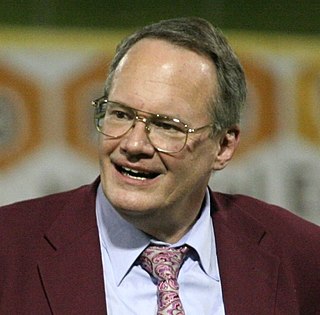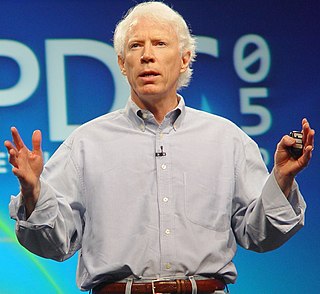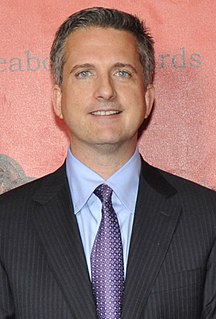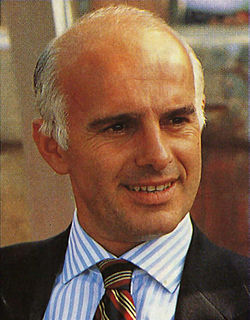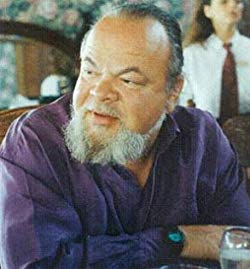A Quote by Brian Martin
The alternative to intellectual property is straightforward: intellectual products should not be owned, as in the case of everyday language. That means not owned by individuals, corporations, governments, or the community as common property. It means that ideas are available to be used by anyone who wants to.
Related Quotes
We must speak first about the division of land and about those who cultivate it: who should they be and what kind of person? We do not agree with those who have said that property should be communally owned, but we do believe that there should be a friendly arrangement for its common use, and that none of the citizens should be without means of support.
One of the movements we have developed is to say that, just as intellectual property rights protect the inventions of individuals, common rights are needed to protect the common intellectual heritage of indigenous peoples. These are rights that are recognized through the Convention on Biological Diversity. We are working to make sure that they become foundations of our jurisprudence.
One ideological claim is that private property is theft, that the natural product of the existence of property is evil, and that private ownership therefore should not exist... What those who feel this way don't realize is that property is a notion that has to do with control - that property is a system for the disposal of power. The absence of property almost always means the concentration of power in the state.
If you have a privately owned system, there's going to be monies leaving the community that will go towards shareholder dividends and high salaries. If you have a community owned, municipally owned facility, those extra resources are being reinvested in the community and they can be going to weatherization and other projects that are vested in the community.

